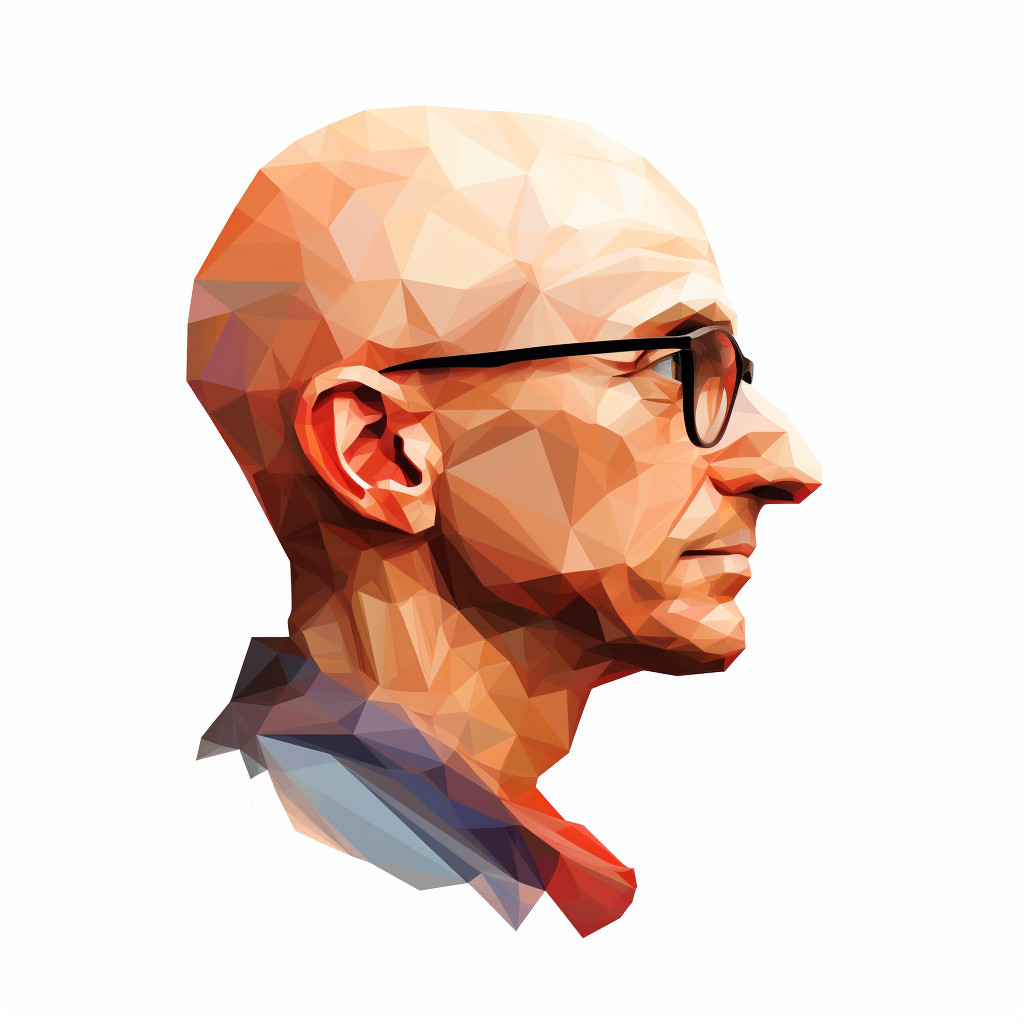This quote is highlighting the notion that change is often not initiated until a situation has reached a crisis point, and by then, it may be too late to effectively manage or rectify the issue at hand. It suggests that people or organizations tend to resist change until the status quo becomes untenable, rather than proactively seeking to evolve and adapt ahead of time.
The quote is a call to action to be more proactive about change, to anticipate it, and to embrace it as an opportunity for growth and improvement. It suggests that the real risk lies not in changing too soon, but in waiting too long and allowing problems to escalate or opportunities to pass by.
In today’s fast-paced world, where technology and societal norms are constantly evolving, the quote is particularly relevant. Businesses, for example, must be willing to adapt quickly to changes in the market or risk being left behind. This could mean adopting new technologies, shifting business strategies, or changing organizational structures.
Similarly, in personal development, it’s crucial to be open to change and to be willing to step out of comfort zones. This could involve seeking new learning opportunities, developing new habits, or embracing new ways of thinking. Waiting until a situation is dire—for instance, a health scare or a job loss—before making necessary changes can lead to unnecessary hardship.
In summary, this quote is about the importance of being proactive when it comes to change, whether on an individual or organizational level. It’s a reminder that the cost of inaction can be much greater than the risk of acting too soon.






